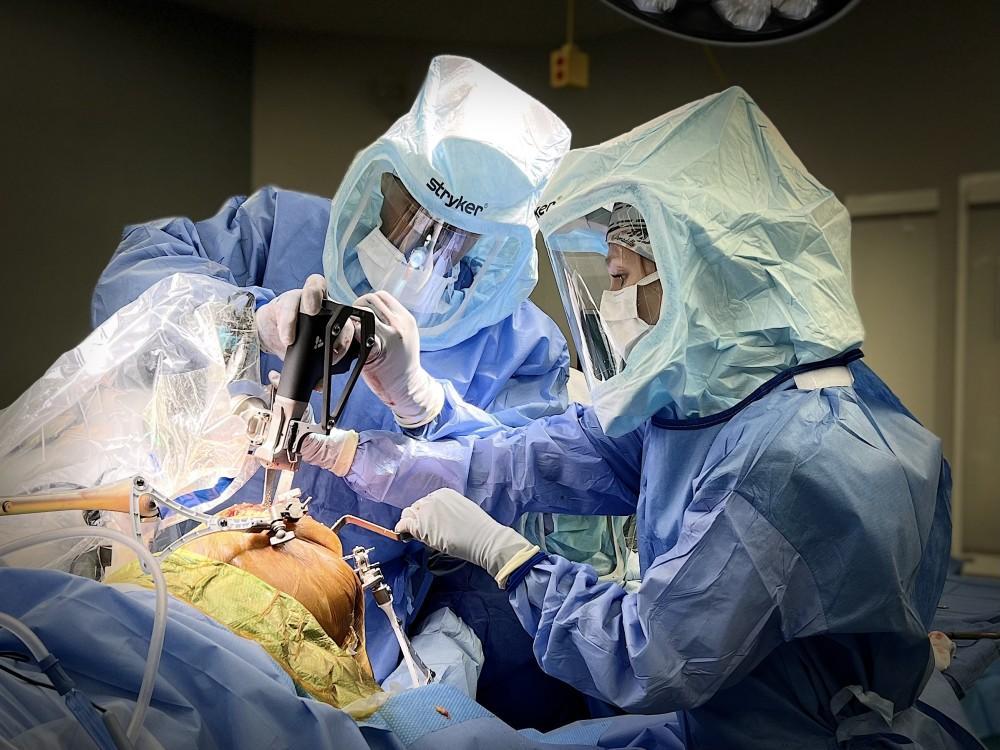
I have a joint replacement but I still want to live my life

Operating Vehicles
After surgery, your mobility is improved gradually through rehab, time, medicine and care. It is likely that you will be able to resume operating an automatic transmission faster than you would manual because of the different techniques it takes to maneuver the different types of transmission. Keep in mind that you must also not be under the influence of your prescribed narcotics before resuming driving. Typically, most patients are able to resume driving 2 weeks after a left hip/knee surgery or 6 weeks after a right hip/knee surgery. The main factor at play is the reaction time it takes to transition from the gas to the brake. You will want to be 100% sure that your reaction time is adequate enough to be safe on the road prior to resuming driving.
Travel
There are several different ways to travel, however traveling is known to have an adverse effect on the body no matter how well the status of your health is. The longer the journey, the greater the toll on the body. It is important to keep your joints engaged by not sitting still for too long of a time, this will help prevent blood clot from forming. When traveling by plane, it is also important to factor in the TSA security check procedures- these devices may alert the airport agents that you have a prosthesis. Inform them ahead of time that you have a prosthesis so that there isn’t any room for alarm. In the plane, cabin pressure is subject to change and it can create swelling in the knee joint as well as other parts of your body. It is important to talk to your physician about any travel plans you may have in the weeks post-surgery.
Dental Care?
Joint replacement patients that are managing their oral hygiene should keep in mind that surgeries, such as hip and knee replacements may have an increased risk of infection following dental work. This is due in part to transient introduction of bacteria into the bloodstream during the dental procedure. The bacteria may travel though the bloodstream and to your prosthesis, ultimately causing an infection. The current recommendations state that for 2 years, all patients undergoing dental work following a joint replacement surgery should take antibiotics prior to the procedure. Please discuss this with your dentist and your surgeon prior to your dental procedures.
You Might Also Enjoy...


Robotic-Assisted Knee Replacement Surgery

100 Velys Robotic-Assisted Knee Replacement Surgeries

Texas Orthopedic Association Annual Meeting

DePuy Velys Robotic Assisted Knee Replacement Surgery



